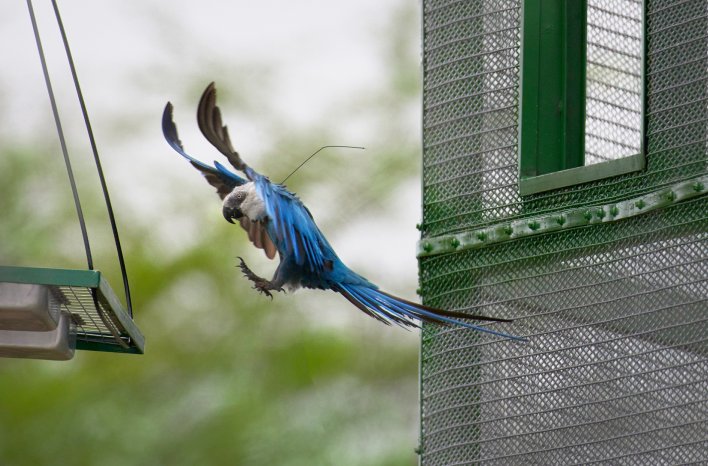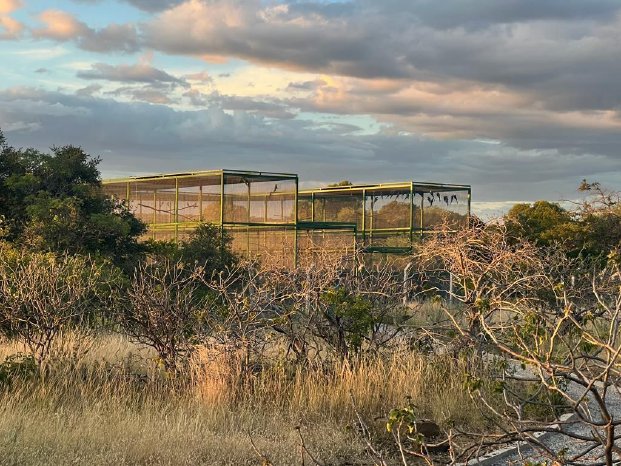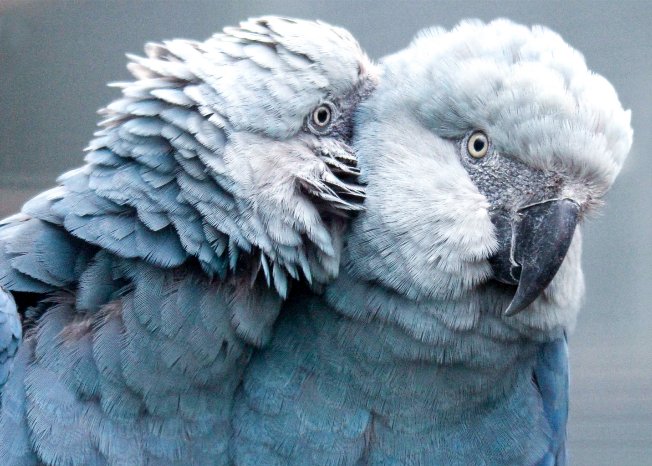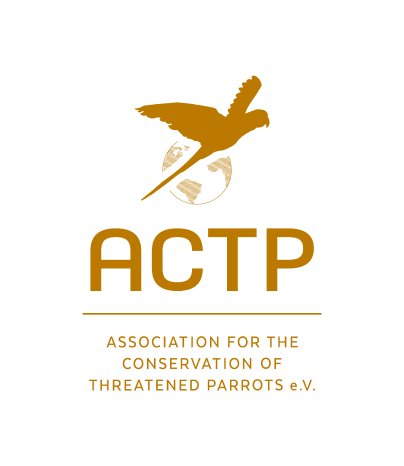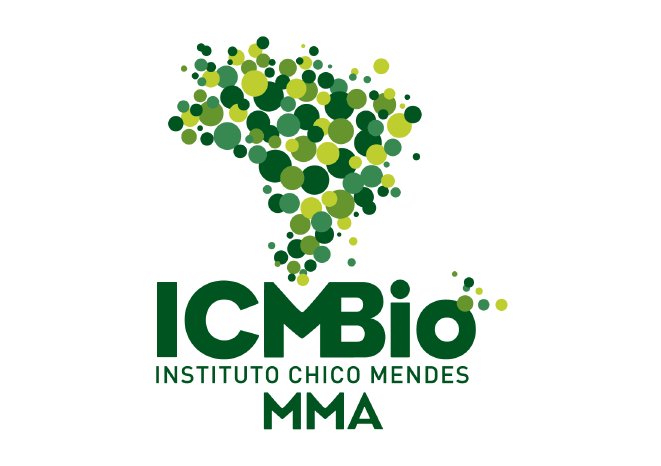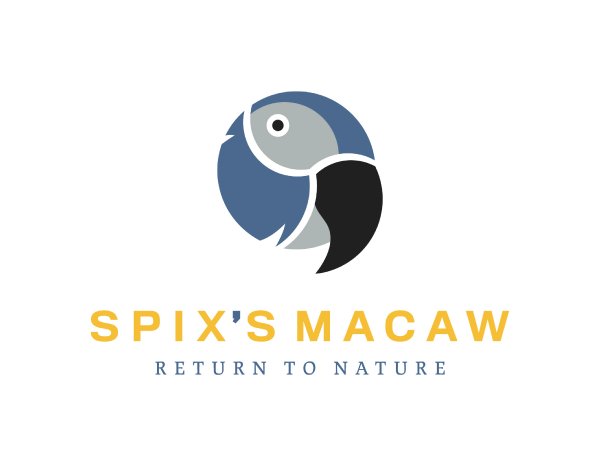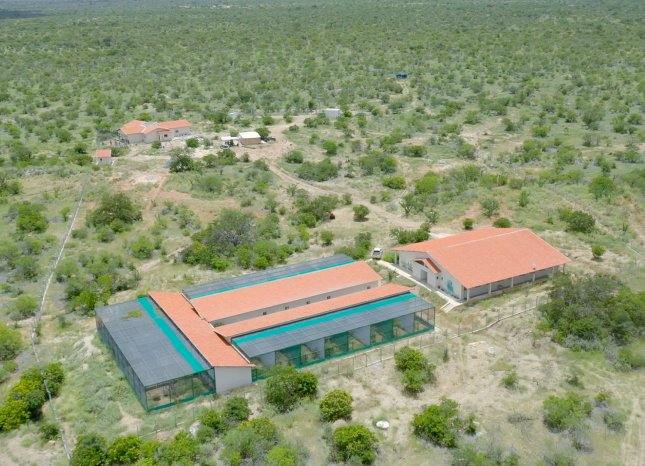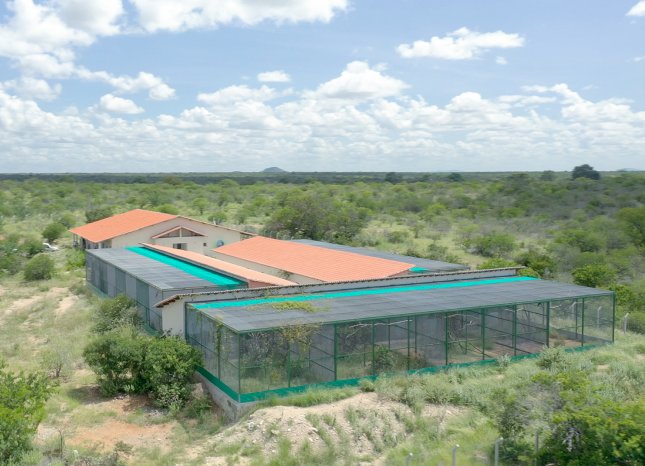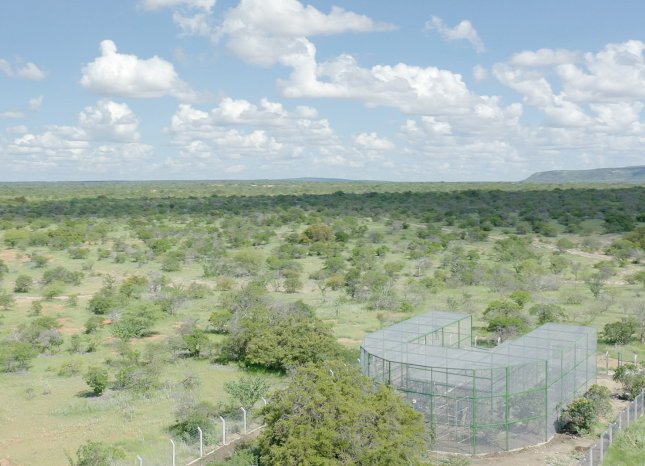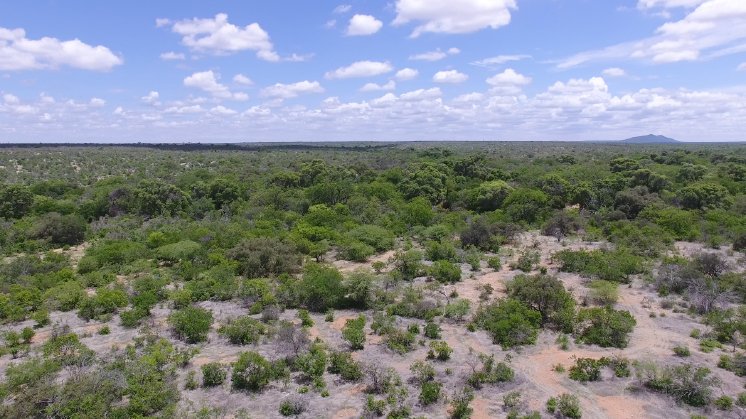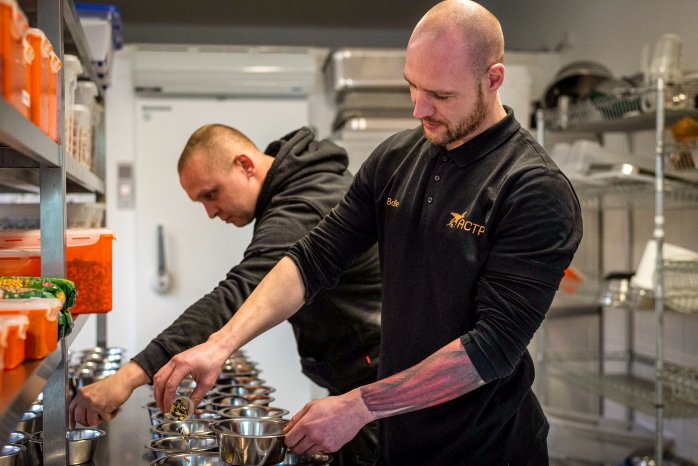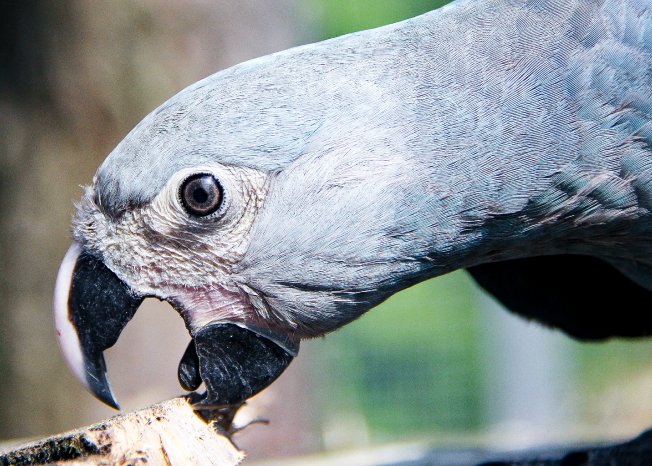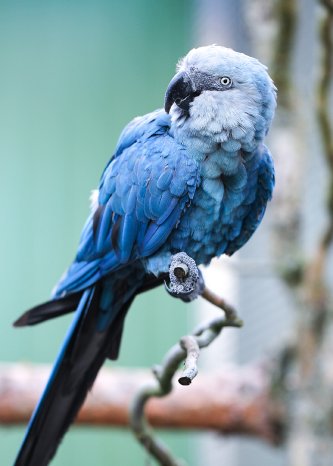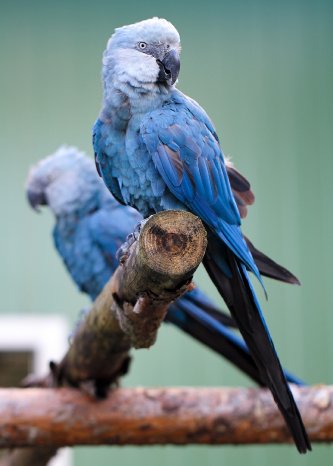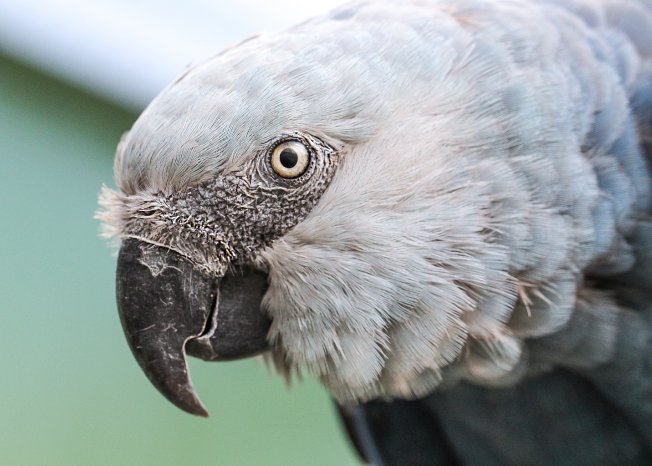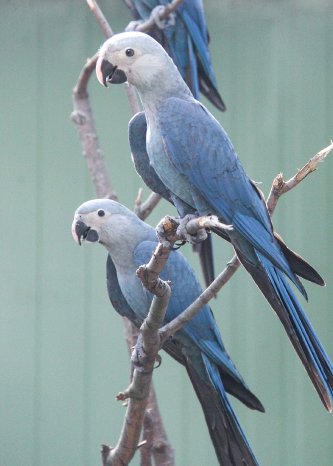Ten years ago, ICMBio, the Chico Mendes Institute for Biodiversity Conservation in Brazil, established the "Spix's Macaw Action Plan" to increase this parrot's captive population and restore its natural habitat to promote its reintroduction in the wild. For this purpose, all legal Spix's macaw populations were united in the state-of-the-art breeding facility of the German wildlife conservation association, the Association for the Conservation of Threatened Parrots e.V. (ACTP) in Berlin. Marcos Venancio, Director of Biodiversity Research, Assessment, and Monitoring at ICMBio, declared, "The Spix's macaw population in captivity was only 5% in national territory and 89% in the ACTP maintainer. Therefore, we had a mutual interest and ACTP in joining measures to repatriate Spix's macaws to Brazil and reintroduce them to the natural environment. This resulted in the technical cooperation agreement between ICMBio and ACTP in 2019." With the support of various partners, the "Spix's Macaw Release Project" evolved into a successful wildlife conservation program. With ambitious teamwork, the almost impossible was finally achieved: the initially vanishingly small population of 55 Spix's macaws in 2000 was increased to the significant number of 261 healthy parrots.
In March 2020, 52 Spix's macaws were moved to the breeding and release enclosure built by the ACTP and its partners, especially for this project, the "Spix's Macaw Release Centre" near the town of Curaçá, to the Caatinga, which Brazilian government had declared a protected area two years earlier. Since then, some parrots have been prepared for release into the wild. Today, the time has finally come: The first eight macaws are leaving the large release aviary of the Centre and flying into nature in Brazil for the first time. A further twelve birds will follow later this year - a moment that the inhabitants of the Caatinga have been looking forward to with great anticipation for years. A dream is also coming true for Dr. Cromwell Purchase, Director of ACTP Brazil: "After years of giving everything to this project, we are finally at the point where we bring the Spix’s macaws voice back to the Caatinga."
This long-term international joint project is an excellent opportunity for humans and animals - the "Spix's Macaw Release Project" thus promotes the repopulation of the parrots and the lives of many inhabitants of this area. The wildlife conservation project is part of a more extensive community program supporting biodiversity and organic agriculture. The approximately 7,500 pupils of the local schools are taught about the project and thus sensitized to the topics of wildlife conservation and ecotourism. Local environmental protection and social work organizations work with community representatives here.
The joyful anticipation of the Brazilians is palpable. The people of the city of Curaçá are highly motivated and prepared for the reintroduction of the parrots. They do not want to lose their blue macaw again and support the project with great passion. "It was a long rocky path to get here that would have not been possible without the excellent teamwork at ACTP and the support of our partners. Seeing how excited the people are here in Brazil regarding the return of their Spix's macaw and their gratitude and appreciation for our work means a lot to me. Today we bring the Spix's macaw back to nature!" Martin Guth, Director ACTP Germany
More information on the Spix's macaw:
The Spix's macaw has been renowned worldwide since the film "Rio." The animal was discovered around 200 years ago by the German naturalist Johann Baptist von Spix. Its original home is the Brazilian Caatinga, a Savannah landscape located in the northeastern federal state of Bahia. Today, the Spix's macaw is one of the rarest birds in the world. Due to its distinctive blue color, it became a popular target for poachers and collectors worldwide in the past. Man's destruction of its natural habitat and the illegal trade caused the population in the wild to decline steadily in the 1980s and 1990s until, in 1990, only one bird was living in the wild. Ten years later, the species was officially declared extinct in the wild by the International Union for Conservation of Nature (IUCN). Only a minimal number of privately-owned birds worldwide had survived. Breeding seemed impossible as the genetic pool was too limited to maintain a healthy genetic diversity in such a small population.
______________________________________________
About ACTP e.V. - Association for the Conservation of Threatened Parrots e.V.:
Association for the Conservation of Threatened Parrots e.V. (ACTP) is a registered non-profit association. The association was founded in 2006 and has its headquarters in Berlin. He dedicated himself to protecting, preserving, and building up endangered parrot populations and their habitats. In 2008 the association bred the first Spix’s macaws in Berlin. Association website: act-parrots.org
About ICMBio:
A federal agency, responsible for the conservation programs in Brazil. It is the coordinator of the Spix’s-Macaw-Action-Plan and captive breeding program. It is the manager of the Spix’s macaw wildlife refuge and environmental protected area. Agency website: gov.br/icmbio/pt-br
______________________________________________
more information: spixs-macaw.org
hashtag: #spixsAreComingHome
more footage: vimeo.com/actp
